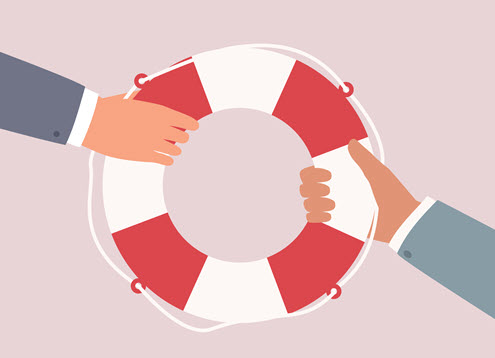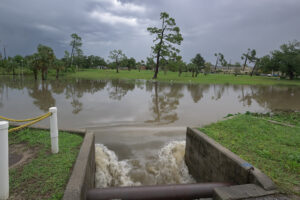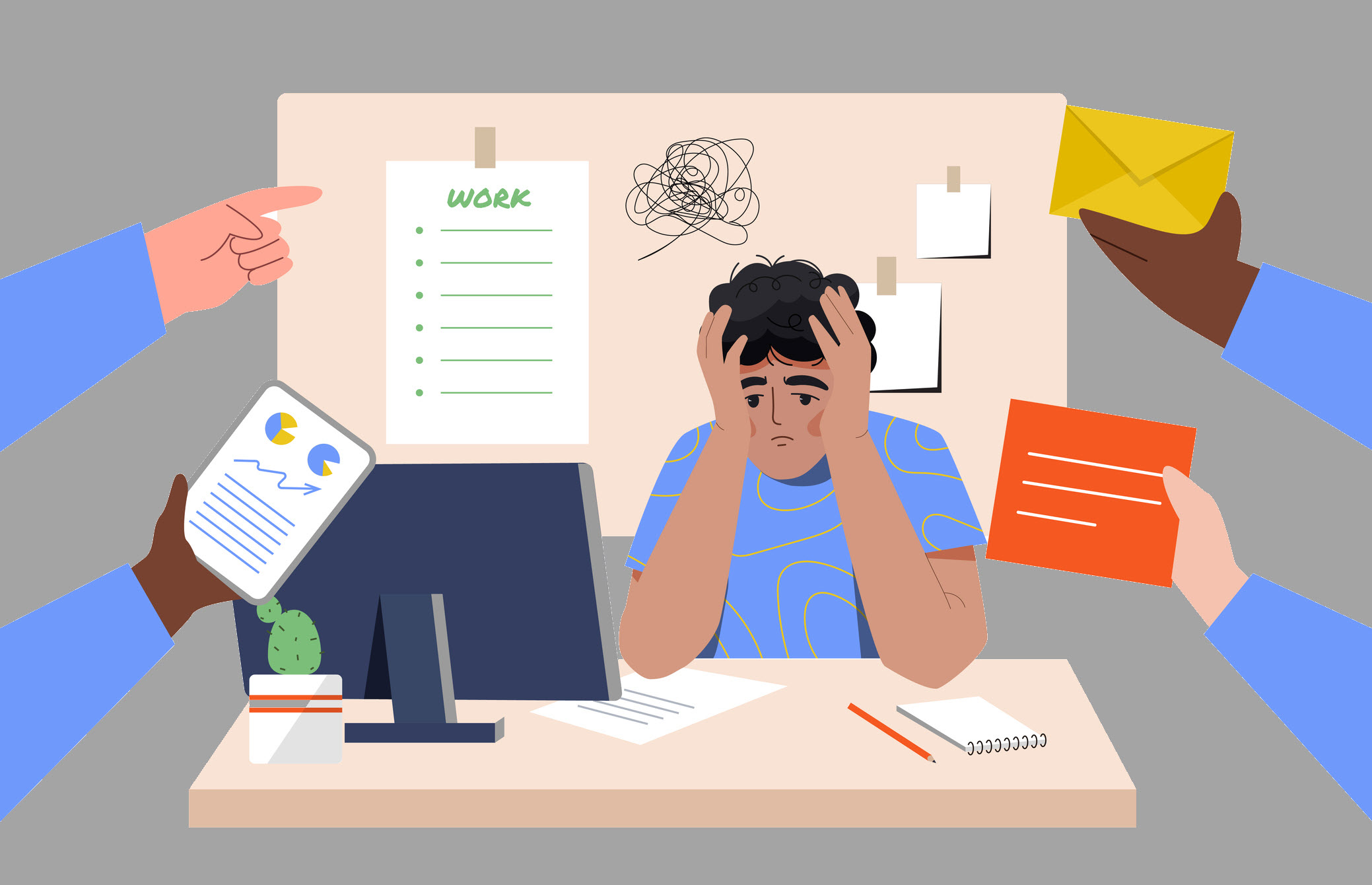Is Your Organization Prepared in the Event of a Crisis?
The impact of a large-scale workplace disaster can be devastating for an organization, its employees, and their families. Including expert vendors in a crisis response plan can help mitigate the long-term effects of an incident.
November 5, 2024

Major flooding, active shooter events, and spreading wildfires have become more frequent occurrences in the last decade, making it ever more important for an organization to understand the resources that can assist in the event of a crisis. These resources allow employers to focus on prioritizing their employees’ safety, instead of worrying about any financial strain.
“To minimize post-crisis risk to the organization and its stakeholders directly affected by the event, organizations should map out their contacts to clarify the direct assistance each resource can provide if a disaster were to occur,” said Don Enke, Vice President – Risk Control at Safety National. “Whether it is a benefit or coverage offered through an insurance carrier or an employee assistance program, employers need to know where to start if a workplace crisis were to occur tomorrow.”
A disaster can come in many forms, but in developing a crisis response plan, organizations should know how to prepare for applicable events like:
- Explosion
- Arson
- Bombing
- Workplace Violence
- Structural Fire
- Vehicular Accident
- Tornado
- Wildfire
- Earthquake
- Hurricane
- Tsunami
- Flood
Here are a few items that an organization needs to consider as part of its crisis response plan.
1. Immediate Crisis Response
Time is crucial in a crisis to prevent further injuries or deaths, but even the most well-prepared organizations may not be fully equipped to manage the extent of a disaster event. There are countless moving parts, and it may be difficult to understand where to start. Medical care directed by your insurance carrier can help promptly coordinate treatment and provide employee support services. Correctly utilizing expert resources can triage the disaster and better organize a thorough response.
2. Reputation Protection
News coverage of a disaster is swift, and when improperly handled, it has the potential to cause irreparable damage to an organization. However, proactive consideration of employee well-being can help to mitigate damage. The best crisis protection should include public relations (PR) assistance to guide a company through media interactions and crisis communications. Whether a company has chosen its own PR resources, or asks for recommendations from its insurance carrier, getting ahead of public statements and employee interactions is critical.
3. Emergency Psychological Counseling
When employees are killed in a disaster incident, the shock extends to their family members and fellow colleagues, who may struggle to comprehend what happened. For those affected, immediate counseling may help with processing the emotions in the aftermath of an event. Crisis response plans should include vendors who can connect an organization to appropriate short-term counseling, referring employees and immediate family members so care for their mental health and well-being are immediately arranged.

























